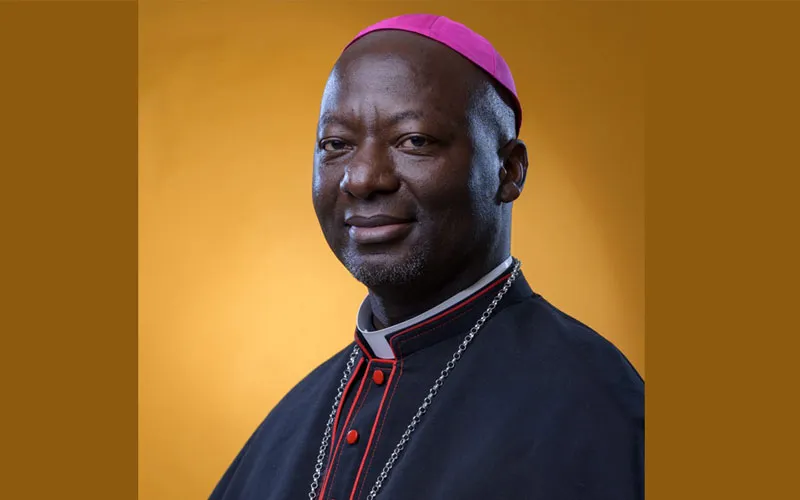The alternative to sprinkling of the ashes on the crown of the head is sprinkling in one hand of the persons receiving who then sign themselves on the forehead. This is the method that Aliwal Diocese is adopting, Bishop Kizito shares, saying that sprinkling ashes on people’s heads is “a complicated process.”
“The Priest or anyone distributing the ashes will use a spoon to place the ashes in the recipient’s hand. There will be no touching,” the Bishop says, adding, “Sprinkling is complicated in many ways. Women don’t want ashes in their hair and dresses. And men who have a clean shave won’t have anything on their heads to hold the ashes.”
The SACBC Commission for Liturgy has also advised that the ashes be dry so as to make it possible for sprinkling.
In the statement signed by the Commission’s Liaison Official, Bishop Duncan Tsoke, the Auxiliary Bishop of Johannesburg, the distribution of the ashes need not take place during the celebration of Mass “but within a liturgy of the Word.”
“Parishes may avail the faithful of the opportunity for receiving the ashes in small groups of 50 when inside a church; or 100 when gathered in the open air, at regular intervals throughout the day or days following Ash Wednesday,” says the leadership of SACBC Commission for Liturgy.
(Story continues below)
In Aliwal, Priests are allowed to just conduct the service of the Word, provide a short scripture reflection before distributing the ashes, the Local Ordinary of the Diocese has advised, underscoring the need to avoid lengthy services and the risk of exposing people to infections.
Bishop Kizito says that the bottom line is Priests adopting methods that best suit their situations.
“The guidelines we are giving are not commandments of God,” the Bishop says, and adds, “Each Bishop will talk to their own Priests on the best way to ensure that we do not alter the Liturgy too much while ensuring that people are safe.”
Bishop Kizito calls on Priests and Lay people involved in Ash Wednesday and the subsequent celebrations to adhere to the COVID-19 guidelines given by the country’s relevant authorities.
Agnes Aineah is a Kenyan journalist with a background in digital and newspaper reporting. She holds a Master of Arts in Digital Journalism from the Aga Khan University, Graduate School of Media and Communications and a Bachelor's Degree in Linguistics, Media and Communications from Kenya's Moi University. Agnes currently serves as a journalist for ACI Africa.








